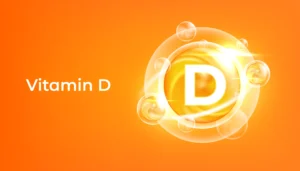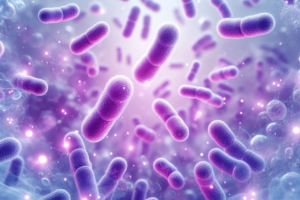Premenstrual syndrome (PMS) refers to a group of physical, emotional, and behavioral symptoms that can occur in (5-8)% women in the days or weeks leading up to their menstrual period. Premenstrual dysphoric disorder (PMDD) criteria are also met by the majority of all these women. Despite the more than 100 signs that have been associated with PMS, most women only encounter a small number of them.
PMS symptoms can vary widely among women and from cycle to cycle, but some common symptoms include:
| Physical symptoms | Emotional symptoms | Behavioral symptoms |
|
|
|
The symptoms of PMS typically begin about a week before the start of the period and end a few days later. From month to month, symptoms might change. Each and every woman of childbearing age may experience it, although women in their late twenties to mid-forties experience it most frequently. One might also notice that migraines, epilepsy, asthma, or cold sores continue to worsen before periods if one has any of these symptoms.
While the exact cause of PMS is not known, it is believed to be related to changes in hormone and chemical levels, diet, exercise, and stress that occur during the menstrual cycle. It is believed that women who have PMS are just more susceptible to progesterone levels that are normal. Having a low vitamin and mineral intake, eating excessively salty food, drinking alcohol, and drinking fizzy beverages can all make PMS symptoms worse. According to research, women who exercise very little and have obesity (a body mass index above 30) are susceptible to experiencing PMS symptoms. Serotonin and other brain chemicals change during the menstrual period. Serotonin modulates mood and aids in the production of happy feelings. It’s likely that PMS symptoms are more intense in women who have low serotonin levels. Despite the fact that stress is not the primary cause of PMS, it can make the symptoms of premenstrual tension syndrome worse.
Many women experience mild PMS symptoms that do not significantly affect their daily life, but for some women, PMS can be severe enough to interfere with work, school, or relationships. Although urine and blood testing help in the elimination of other reasons, there isn’t a laboratory test that can accurately identify PMS. The diagnosis of the PMS/PMDD is made by noting the nature of the symptoms and the timing of their occurrence in connection with the menstrual cycle.
Maintaining a notebook for a period of months will enable one to spot their PMS symptoms, know when to expect them again, and assist the doctor in making a diagnosis.
There are various ways to manage PMS symptoms, including lifestyle changes such as regular exercise, a healthy diet, and stress reduction techniques. In some cases, medications such as pain relievers, hormonal contraceptives, non-hormonal treatments, over-the-counter medicines, minerals, vitamins, antidepressants, or sometimes surgery may be prescribed to alleviate severe PMS/PMDD symptoms.
Bang on, a woman experiencing PMS is no longer a concern thanks to BLM Fem, the best nutraceutical product belonging to Blumen Biovitals, a phytopharmaceutical company and one of the top nutraceutical companies in India, which combines three ground-breaking substances in a single soft gel. The extracts of chaste berry, evening primrose oil, and saffron from BLM Fem have all been specifically studied for their effects on PMS. The dosage recommended for intake is one capsule on a daily basis. Clinical studies have shown that the components can aid with a wide range of PMS symptoms, such as menstruation pain, irritability, mood changes, headaches, bloating, skin changes, and breast tenderness and pain. Moreover, it supports good hormonal balance and menstrual cycle regulation. The notable characteristics of this product are its ingredients’ scientific backing, safety, and non-hormonal nature. Thus, switch to BLM Fem, a revolutionary nutraceutical product in the feminine wellness domain, to get relief from PMS.







